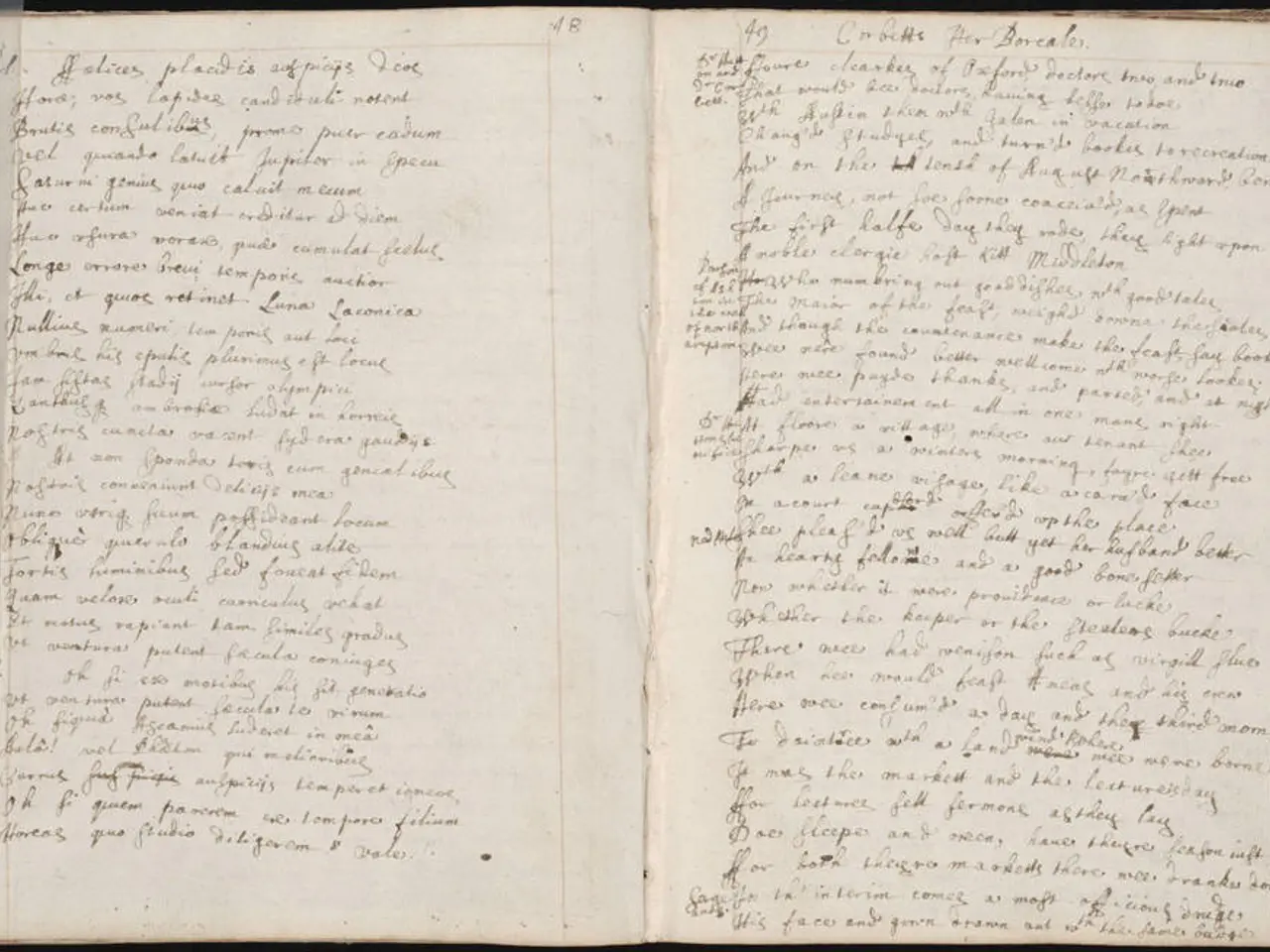Self-employed individuals' methods for shoring up retirement without relying on government pensions.
In today's dynamic world, freelancers face unique challenges when it comes to retirement provision. Here are some key points to consider, drawn from the field of financial planning, that can help freelancers take control of their future.
- Seeking Expert Advice: Consulting an independent financial expert, such as David Tappe from Tappe Consulting—one of Germany's largest fee-based advisors—during the review process can provide valuable insights.
- Saving for the Long-Term: It is recommended that 20 percent of net income should go into long-term savings on a personal level, while it is 10 percent on the business side. This encompasses a variety of contracts, including building society contracts, Riester pension contracts, pension insurance, basic pension contracts, company pension scheme contracts, capital life insurance, deposits, and instant access accounts.
- Individual Consideration: Every contract should always be considered individually, as what works for one may not work for another.
- Freelancers' Concerns: A study by insurance company Ergo revealed that almost half of freelancers surveyed are afraid of poverty in old age. Forty-six percent of freelancers support a general obligation to provide for retirement.
- Setting Clear Goals: To ensure a comfortable retirement, it's essential to define a goal. This involves considering how much money would be needed today if there were no more income, accounting for taxes, health and long-term care insurance, and annual inflation.
- Budgeting and Contributions: Budgeting for regular contributions, despite income fluctuations, is crucial. Freelancers should aim to set up dedicated retirement accounts, such as IRAs or personal pension plans according to their country’s options.
- Diversification and Investment: To balance risk and growth, it's important to diversify investments. Wise investment can yield returns of between 4 and 8 percent per year. The total capital should be divided into short, medium, and long-term departments.
- Scientific Insights: Scientific insights can ensure a safe investment for a relaxed retirement.
- Reviewing Contracts: A thorough review of each contract is necessary to understand them fully.
- Investing Wisely: Investing the freed-up money wisely is the seventh step. To get a feeling for the necessary total capital, this sum can be multiplied by 240.
For detailed advice specifically from David Tappe, it's recommended to look directly at his published works, interviews, or financial advisories. The current search results do not provide this information.
- Freelancers should seek expert advice from a financial expert, like David Tappe, to gain valuable insights about their personal-finance and business-finance matters, particularly when it comes to planning for retirement.
- To ensure a secure long-term financial future, freelancers should allocate at least 20% of their net personal income and 10% of their business income into various contracts such as pension insurance, Riester pension contracts, and other long-term savings options.




